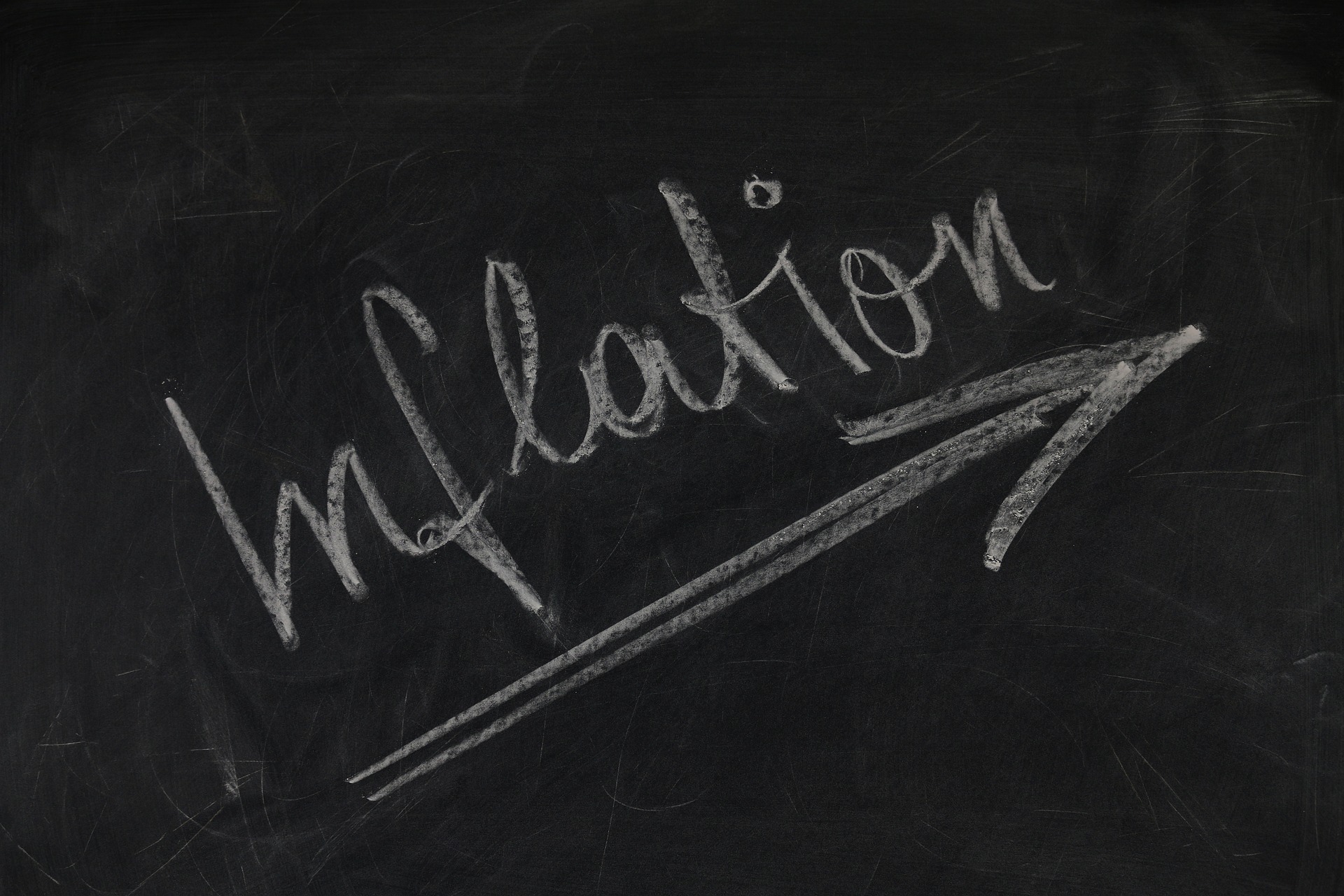
On Tuesday, the International Monetary Fund (IMF) released a report that lowered the global growth outlook for next year.
According to their findings, there is a real danger of worldwide recession if central banks mishandle the fight against inflation. Put simply, it’s going to be quite a bumpy ride in the coming months.
The Washington-based institution now projects that global Gross Domestic Product (GDP) – the total value of all the goods and services produced in an economy – will rise 3.2% this year, down from its previous estimate of 3.4%. But in fiscal 2023, it expects the rate of growth to drop to 2.7%.
This significant decline from the original estimate of 3.8% at the start of the year emphasizes just how much the global economy has deteriorated in recent months.
According to the IMF, inflation may remain elevated for longer than previously anticipated, peaking later this year and declining to 6.5 percent in FY 2023 from 8.8 percent in FY 2022.
The report also noted that over a third of the world’s economy will have two straight quarters where growth is negative. Additionally, the three largest economies – which are comprised of the United States, European Union, and China – will decelerate as well.
“The worst is yet to come, and for many people 2023 will feel like a recession,” the report said, echoing warnings from the United Nations and the World Bank.
The IMF expects that around a third of the global economy will enter a technical recession this year and next.
A technical recession occurs when GDP falls for two consecutive quarters. Although a technical recession isn’t as severe as an actual recession, it can still have a major impact on an economy as it can lead to job losses, reduced consumer spending, and lower business investment. In some cases, it can even lead to an actual recession. IMF said that through fiscal 2026, the lost GDP will be about $4 trillion.
Policymakers in the United States, Europe, and other nations are dealing with an “unusually challenging financial stability environment” that may result in “market illiquidity, disorderly sell-offs, or distress,” the report added.
Already, in the U.S., economic growth has declined in the first half of the year, with GDP declining by 1.6% during winter and 0.6% during spring.
The downturn comes as the US faces the highest inflation in 40 years, which has depleted family savings and an increasingly aggressive Federal Reserve that is intent on keeping prices at bay with higher interest rates.
The Fed has been urged by many organizations, including Wall Street firms to slow its rate hike approach as a result of concerns that a tighter monetary policy might lead to an economic downturn that spreads throughout poorer countries.
However, if action is not taken now to fight inflation, the IMF says it will only become more difficult later. The organization urges governments to avoid policies that could make the inflation crisis worse.
- Bulenox: Get 45% to 91% OFF ... Use Discount Code: UNO
- Risk Our Money Not Yours | Get 50% to 90% OFF ... Use Discount Code: MMBVBKSM
Disclaimer: This page contains affiliate links. If you choose to make a purchase after clicking a link, we may receive a commission at no additional cost to you. Thank you for your support!



Leave a Reply